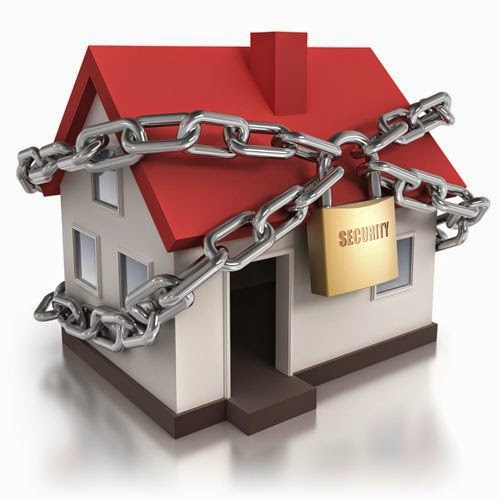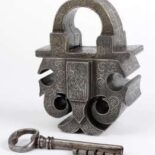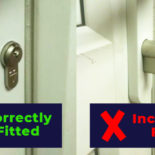Top Home Security Tips
It's said that an Englishman's home is his castle, but with 774,000 domestic burglaries reported in 2008, security standards have certainly slipped since the heyday of England's medieval fortifications. And while your neighbours might not be impressed if you start digging a moat around your property; there are plenty of practical steps you can take to keep unwanted visitors out.
Fitting basic household security not only gives you the peace of mind to sleep easily, but also gives you access to a wider range of insurers (who will often only provide a quotation if you have a certain level of security), and a wider choice of insurers ultimately means lower insurance premiums.
Fit sturdy door locks
It's hardly surprising that a door is the most convenient way for a burglar to get into a property. In fact, nearly two thirds of all burglars simply use the front or the back door. Favourite methods of entry include: picking locks, forcing the door open or breaking a glass panel and unlocking the door form the inside.
Fitting deadlocks to all external doors is one way to slow burglars down and help to reduce your home insurance premium. Ask your local DIY expert to help you choose the right type of deadlock (lock five-lever mortise complying with British Standard 3621) and make sure that they carry the Kitemark.
Fit sturdy window locks
Window locks are cheap to buy and easy to fit. They make it harder for burglars to break-in (by forcing them to smash the glass thereby creating noise and increasing the risk of injury), and harder to remove any stolen goods. Considering that one third of all burglars get in through a window, it makes shrewd sense to fit locks to all your downstairs windows.
Keep your doors and windows locked
According to the Home Office 35% of all burglaries are opportunistic crimes, with burglars tempted in through an open door or window. The solution is obvious and won't cost you a penny.
Be careful with your keys
Leaving a spare key under the doormat or hanging on a nail in the garden shed is about as security-conscious as leaving your front door wide open. Burglars know all the hiding places, so instead leave your spare set with a trusted neighbour or nearby friend. Similarly keys left in door and window locks are as good as useless.
When you are at home keep your keys out of sight and out of reach. Burglars are skilled fishermen and can quickly hook a bunch of keys through a letterbox using a length of wire as a rod and a magnet as bait.
Fit an alarm
Burglar alarms are proven to be an effective deterrent, encouraging criminals to look elsewhere for a 'softer target'. Make sure that your alarm system is fitted and maintained by a member of the National Security Inspectorate.
Fit security lighting
Considering that the majority of burglaries take place after dark (and that it's more difficult to sneak up on a well-lit property) it's easy to see why security lighting makes sense. Motion detector lights are relatively cheap and can be installed by anyone with a basic knowledge of DIY.
If you have just moved in
Get ACQ Locksmiths Ltd to fit new door locks. Keys have a habit of going missing during the home-buying process and any number of people could have direct access to your house.
If you are going away
Timer switches on lamps give the impression that someone's at home, and it's a good idea to ask whoever is watering your plants to occasionally draw the curtains. Finally don't forget to cancel the milk and papers.
Home insurance not only gives you financial peace of mind, but also reduces your chances of being a victim of crime. Of the 2.5% of UK households that were burgled last year; a disproportionate number were uninsured. So put simply: if you don't have home insurance are statistically more likely to be broken into.
The good news is that many of the steps above are cheap and cost effective. And by improving your home security you'll have access to a wider range of cheaper insurance quotes.
Note: All of the above statistics have been taken from the British Crime Survey (2008/9) or the Home Office.





